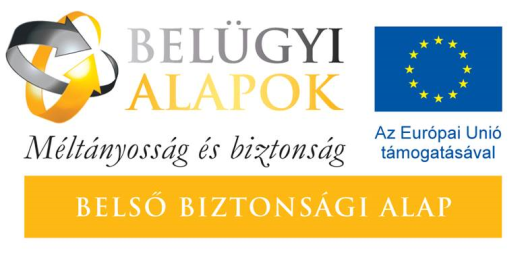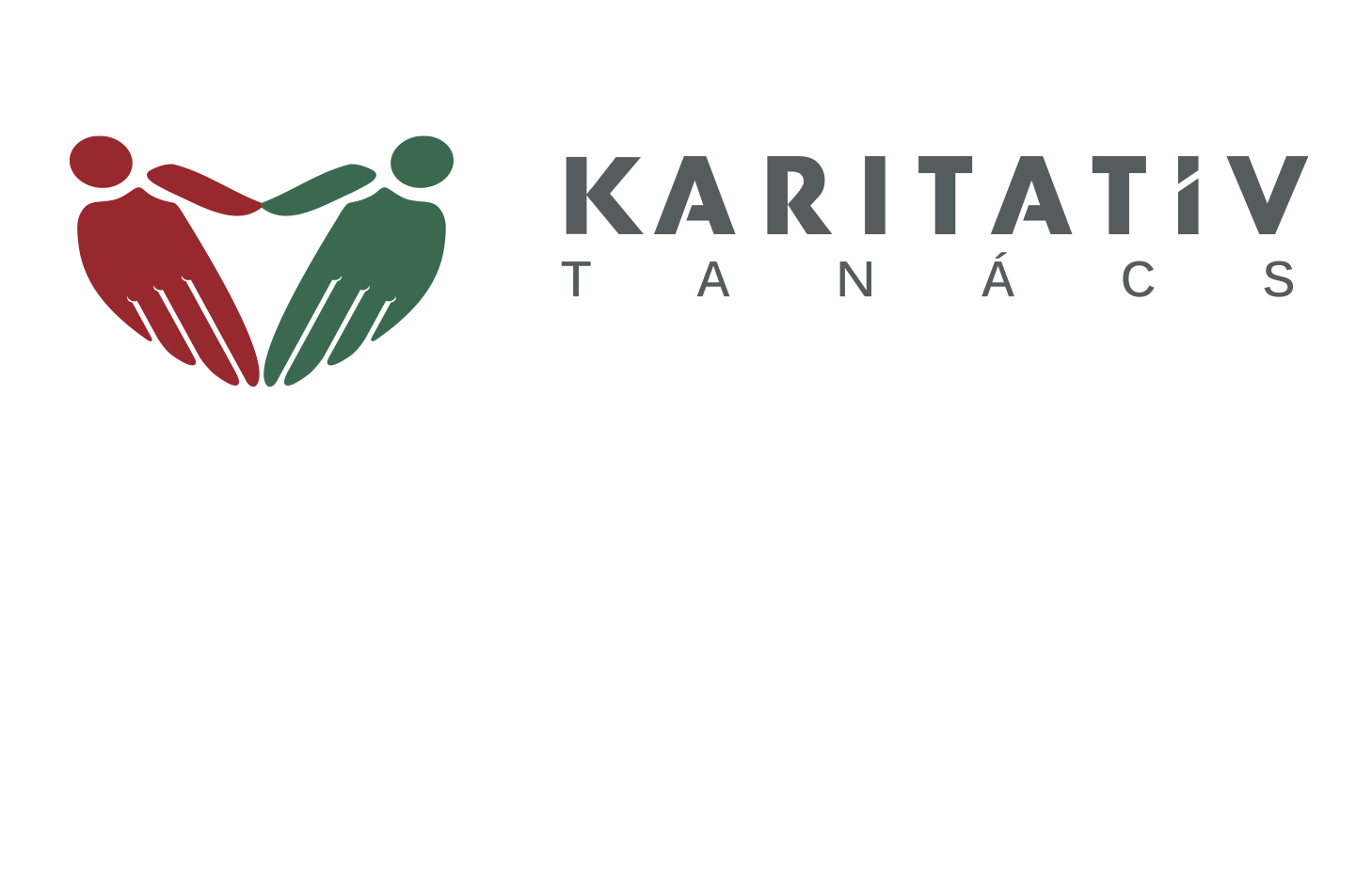Myanmar: Teaching Emergency Response Methods
Szerző: Főadmin Bejegyzés: 2015. március 15., vasárnap 13:34
The organization and the Hungarian Ministry of Foreign Affairs cover the expenses of the tuition together. There has already been a week-long training in November and this is what the experts continued last time. The students, thirty representatives of eighteen people groups, got familiar with the methods of preventing and responding to emergencies. The presentations were about the layout of the refugee camps, providing for the refugees, the securing of clean water and food, the effects of climate change, conflict management and human rights, and at the end of the course the students received a diploma proving their knowledge. Our goal was to provide the community leaders with the tools and knowledge to teach their communities how to decrease vulnerability, physical and spiritual trauma, and environmental damage in times of emergency. We also taught them how to search for the necessary financial resources. An infernal storm struck Myanmar on May 3, 2008. Nargis, the storm going 200-240 kilometers per hour took the life of two hundred thousand people and left half million people homeless. The storm hit Rangoon but the biggest damage was caused in the Irrawaddy River, which is the main food source of the country. Burma’s, as it is called by its older name, leaders did not allow the search and rescue teams or the help of international aid organizations for weeks. After the storm, HBAid workers, ahead of the major international aid organizations, were among the first to arrive. The organization has been in touch with the Myanmar partners. Béla Szilágyi remembered: “Approximately one quarter of the country is still vulnerable to environmental factors, cyclones, floods, and due to the human interferences through deforestation, mudslides have also been causing damages. In the southeastern country, where the military dictatorship was replaced by ‘generals in suits’ who control the every days, the minorities still live in poverty today, among them the Karen, the Karenni, the Chin, and the Kachin. There were students on the shared program training of Hungarian Baptist Aid and the Ministry of Foreign Affairs who said they came from a revolutionary environment and after they return home, their life will be in danger in the northern territory.”
KAPCSOLÓDÓ HÍREINK
Love without borders
Workers of HBAid in Tacloban again
Five months after the typhoon in Tacloban (Philippines) and its surrounding areas, Hungarian Baptist Aid (HBAid) is rebuilding a school and a kindergarten that were damaged, distributing water purification systems for families, and helping injured children.

 BELSŐ MENÜPONTOK
BELSŐ MENÜPONTOK 




